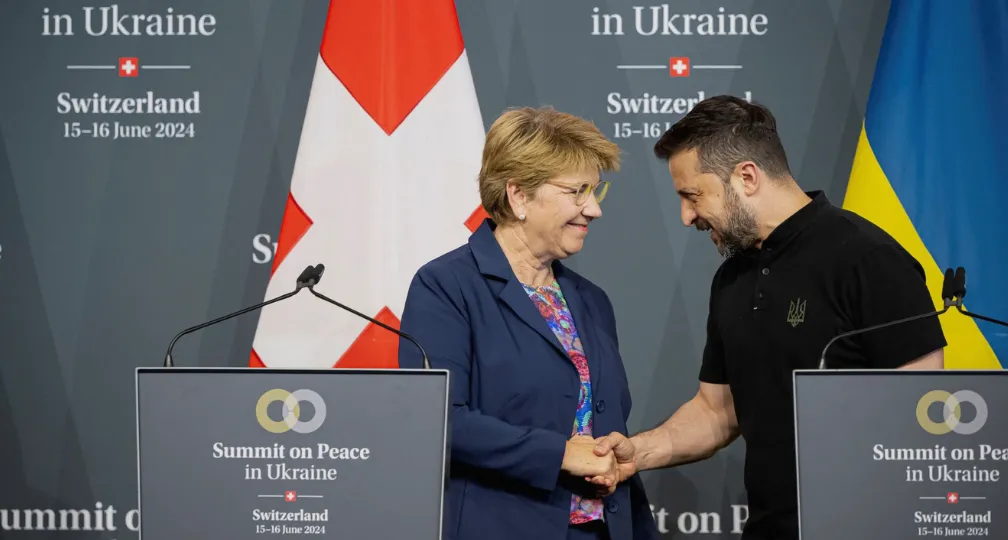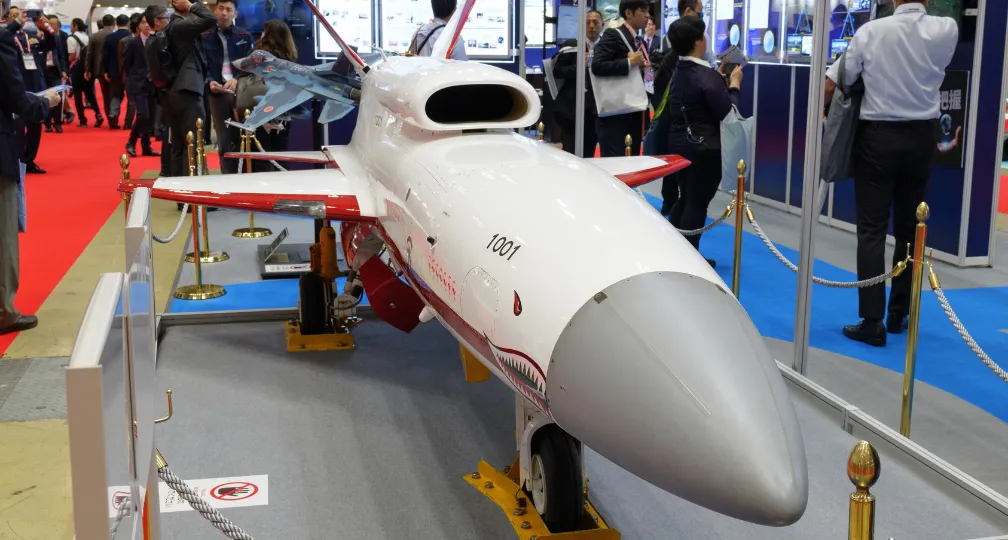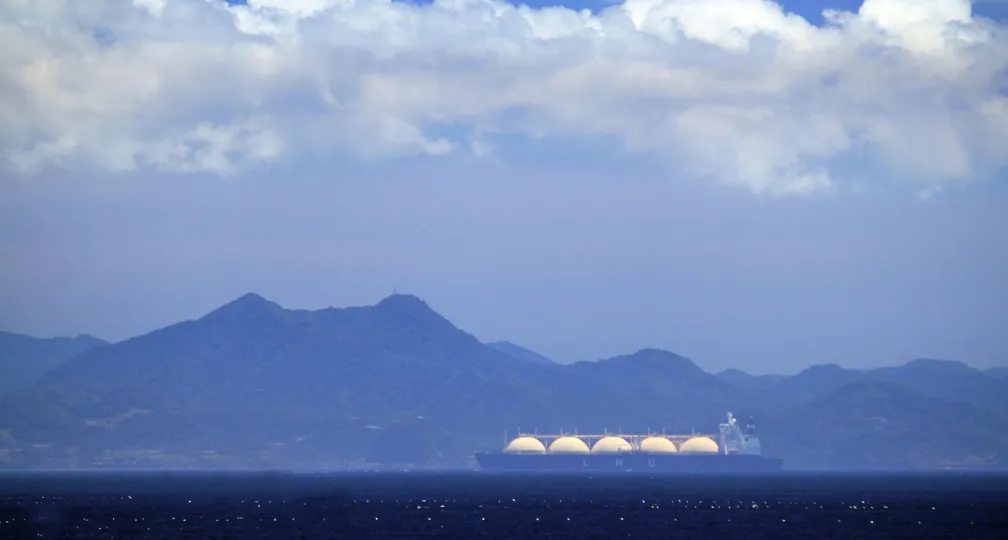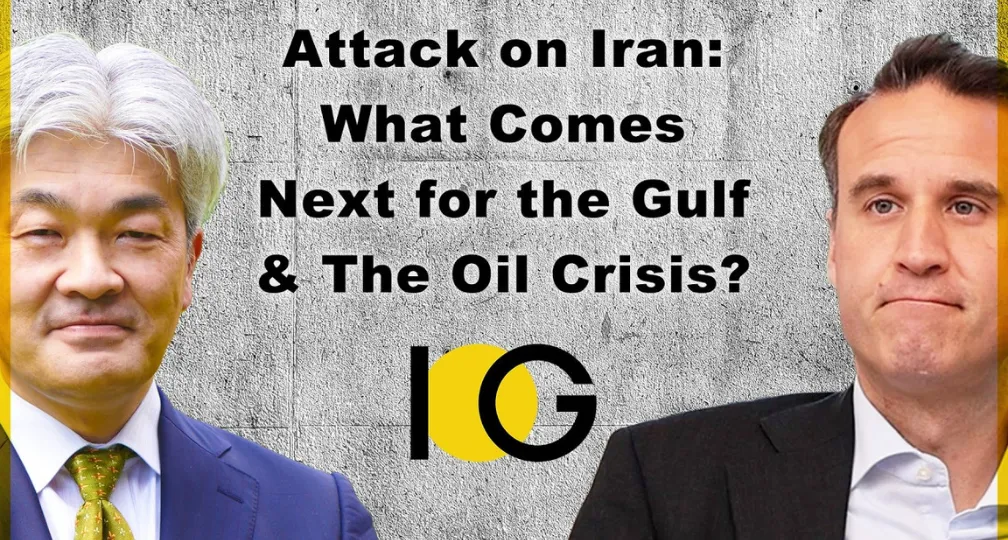Human rights are key to resolving the war in Ukraine

In this context, the countries backing Kyiv, including Japan, must reaffirm their goals for resolving the conflict. Without clear political objectives, military operations will not succeed.
The joint communique issued mid-June at the Ukraine peace summit in Switzerland reaffirmed a commitment to national sovereignty, territorial integrity and peaceful conflict resolution. It also emphasized the importance of nuclear security — including the safety and security of nuclear power plants — and opposed the threat and use of nuclear weapons. The communique also referenced the need to ensure global food security and the return of detainees, including prisoners of war and children, to Ukraine.
The declaration was therefore limited to issues that were easy for participants to agree on, without going into the specific conditions needed for a cease-fire — likely due to Ukraine’s desire for the statement to obtain the approval of a broad range of countries, including China.
Furthermore, the fact that the communique tackled the issues of nuclear safety, food security and the return of detainees speaks volumes about the nature of the war as these aspects are not limited to Ukraine’s reconstruction but concern human rights in general.
This consideration is key in assessing Russian President Vladimir Putin’s motivations for invading Ukraine in February 2022. In an article by Putin published six months before the full-scale mobilization, he wrote that “Western countries directly interfered in Ukraine’s internal affairs and supported the coup” during the 2014 Maidan Revolution.
The Russian leader attributes waves of democratization such as the “color revolutions” and the Arab Spring to Western influence and views democratization as a direct threat to his regime. So it should not come as a surprise that he considers a thriving democracy in Ukraine — which he claims is historically linked to Russia — a danger. Putin fears that Ukraine’s success could inspire similar movements in Russia — just as Chinese leader Xi Jinping cracked down harshly on the pro-democracy movement in Hong Kong in 2019.
In this broader context, the Ukraine war can be seen as a reaction to the tensions arising from the spread of democratic movements in countries trying to suppress them.
Democracy vs. authoritarianism?
United States President Joe Biden has framed this as a struggle between democracy and authoritarianism. But democracy cannot be defined merely as holding free and fair elections; it is also a means to building a society in which human rights are protected. In fact, there are significant differences even among countries labeled as “democratic” on account of their electoral systems. As a result, it is difficult to put all democracies under a single umbrella.
What is especially important is how much progress each nation has made toward the equal treatment of all members of society and upholding their rights. Putin and Xi feel threatened precisely because the world is steadily moving in this direction.
Putin’s sense of what human rights are is very different from that of people living in democracies, as demonstrated by the killing of Ukrainian civilians, inhumane treatment of residents in occupied territories, removal of children, deployment of Russian soldiers without regard for their life and suppression of opposition in Russia. And this gap widens more as Russia falls on increasingly hard times.
In light of this, a Russian victory in Ukraine would not only shake up the international order by undermining national sovereignty and territorial integrity through military force. It would also be the beginning of a historical setback that would see a reversal of the expansion of human rights for the foreseeable future.
Ukrainian President Volodymyr Zelenskyy made this point when addressing the U.S. Congress in December 2022. He said that Ukraine’s fight is not only for the life, liberty and security of its people, or to defend other countries vulnerable to Russian imperialism, but one that will determine what kind of world our children and grandchildren will live in.
This is not just a rhetorical device to gain people’s support, but a true expression of Ukrainian people’s sentiments.
Reaffirming human rights
Along with the principle of sovereign equality among nations, human rights are one of the two main pillars underpinning the philosophy of the United Nations.
Against a backdrop of problems related to immigration and economic disparities, even countries considered mature democracies are increasingly advocating nationalistic priorities, such as increasing their national power without regard for people’s conditions.
The fact that Israel, a democracy, continues to trample on the rights of Palestinians is of great concern. All nations should consider how to improve the status of human rights worldwide, and the countries standing behind Ukraine need to reassess what they hope to achieve.
Human rights are understood differently around the world — even Russia and China outwardly state that they should be upheld. In China’s case, the logic is that, for the time being, economic development to ensure the right to livelihood should take precedence even at the expense of political freedom.
But for citizens living in democracies, the violent suppression of human rights is unacceptable. Despite the principle of noninterference, the growing consensus among democracies is that international intervention is necessary where people’s rights are seriously undermined. Of course efforts to avoid a military conflict should be made at any point, but what is important is that human rights continue to be advanced.
To this end, using human rights as a banner to further a specific country’s interests and enforcing human rights as a single set of values should be avoided. Instead, a more effective approach would be to clarify the human rights issues that arise when resolving international issues, for as many countries as possible to recognize these issues and then focus on specific solutions.
In this respect, the best-case scenario for Ukraine would be for the people advocating for human rights in Russia to form a democratic government and withdraw from Kyiv’s territory. However, this is highly unlikely.
The Ukrainian side may have no other choice but to mount the biggest possible military effort to recover its lands, find a compromise acceptable to Russia and bring about a cease-fire, leaving the remaining issues to be solved politically. Even in this case, however, people’s conditions must not be forgotten.
Ensuring the protection of human rights and the safety of Ukraine’s residents, including returning those taken by Russia, is a minimum requirement. Even if certain parts of Ukraine were forced to remain temporarily under Russian rule, a solution must be reached that guarantees their rights.
Therefore, it is important for the countries that back Ukraine, including Japan, to continue offering their support and putting pressure on Russia. The outcome of the war will be an inflection point in history not only for Ukrainians but for the continued improvement of human rights worldwide — making it even more imperative that a unilateral victory by Russia must not be allowed to happen.
(Photo Credit: Shutterstock)
[Note] This article was posted to the Japan Times on October 25, 2024:
https://www.japantimes.co.jp/commentary/2024/10/25/world/ukraine-war-end-human-rights/

Geoeconomic Briefing
Geoeconomic Briefing is a series featuring researchers at the IOG focused on Japan’s challenges in that field. It also provides analyses of the state of the world and trade risks, as well as technological and industrial structures (Editor-in-chief: Dr. Kazuto Suzuki, Director, Institute of Geoeconomics (IOG); Professor, The University of Tokyo).
Disclaimer: The opinions expressed in Geoeconomic Briefing do not necessarily reflect those of the International House of Japan, Asia Pacific Initiative (API), the Institute of Geoeconomics (IOG) or any other organizations to which the author belongs.
-
 Lessons for Japan from Russia’s war in Ukraine2026.03.05
Lessons for Japan from Russia’s war in Ukraine2026.03.05 -
 U.S. Supreme Court Decision to Block IEEPA Tariffs2026.03.05
U.S. Supreme Court Decision to Block IEEPA Tariffs2026.03.05 -
 U.S. LNG and Japan's Sea Lanes: Towards Diversification and Stabilization of the Maritime Transportation Routes2026.03.03
U.S. LNG and Japan's Sea Lanes: Towards Diversification and Stabilization of the Maritime Transportation Routes2026.03.03 -
 Dependence and Diversification: Canada’s Middle-Power Strategy2026.03.02
Dependence and Diversification: Canada’s Middle-Power Strategy2026.03.02 -
 Attack on Iran: What Comes Next for the Gulf & The Oil Crisis?2026.03.02
Attack on Iran: What Comes Next for the Gulf & The Oil Crisis?2026.03.02
 Orbán in the Public Eye: Anti-Ukraine Argument for Delegitimising Brussels2026.02.04
Orbán in the Public Eye: Anti-Ukraine Argument for Delegitimising Brussels2026.02.04 Fed-Treasury Coordination as Economic Security Policy2026.02.13
Fed-Treasury Coordination as Economic Security Policy2026.02.13 India and EU Sign Mother of All Deals2026.02.09
India and EU Sign Mother of All Deals2026.02.09 Oil, Debt, and Dollars: The Geoeconomics of Venezuela2026.01.07
Oil, Debt, and Dollars: The Geoeconomics of Venezuela2026.01.07 A Looming Crisis in U.S. Science and Technology: The Case of NASA’s Science Budget2025.10.08
A Looming Crisis in U.S. Science and Technology: The Case of NASA’s Science Budget2025.10.08












